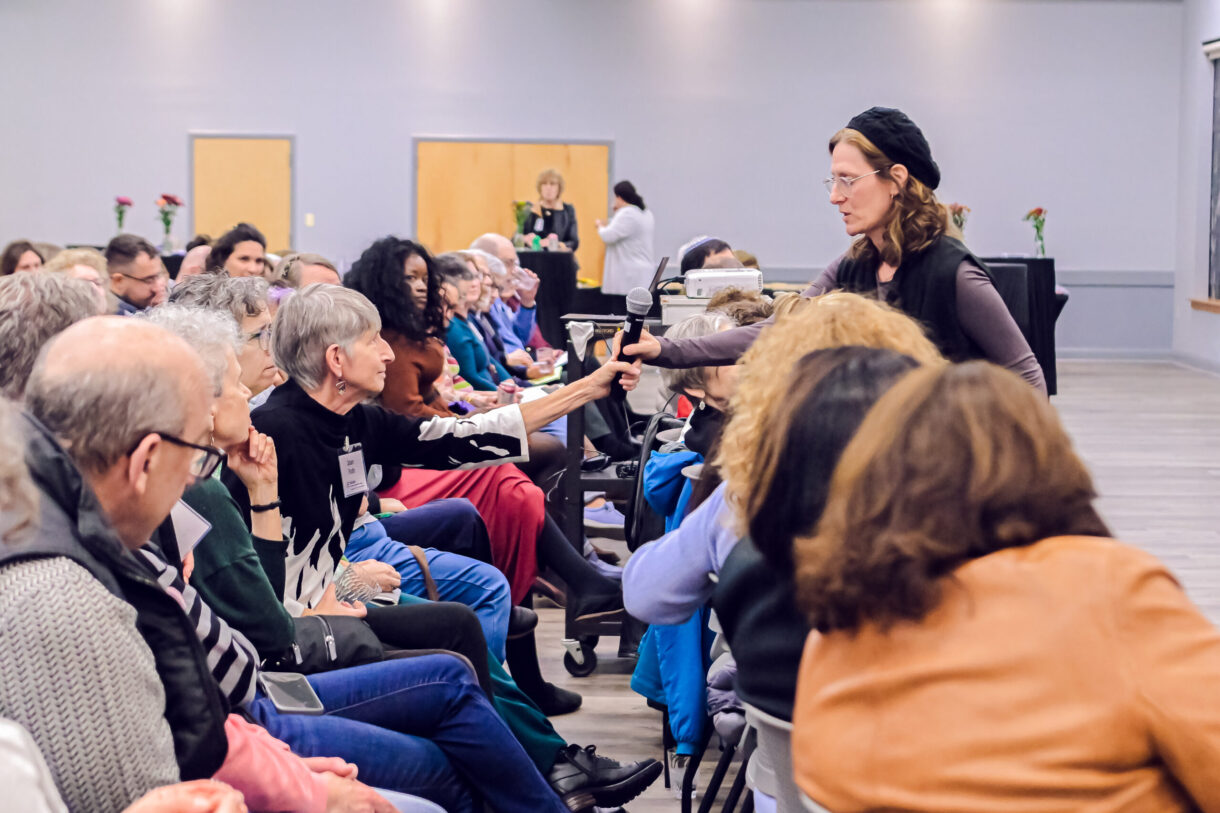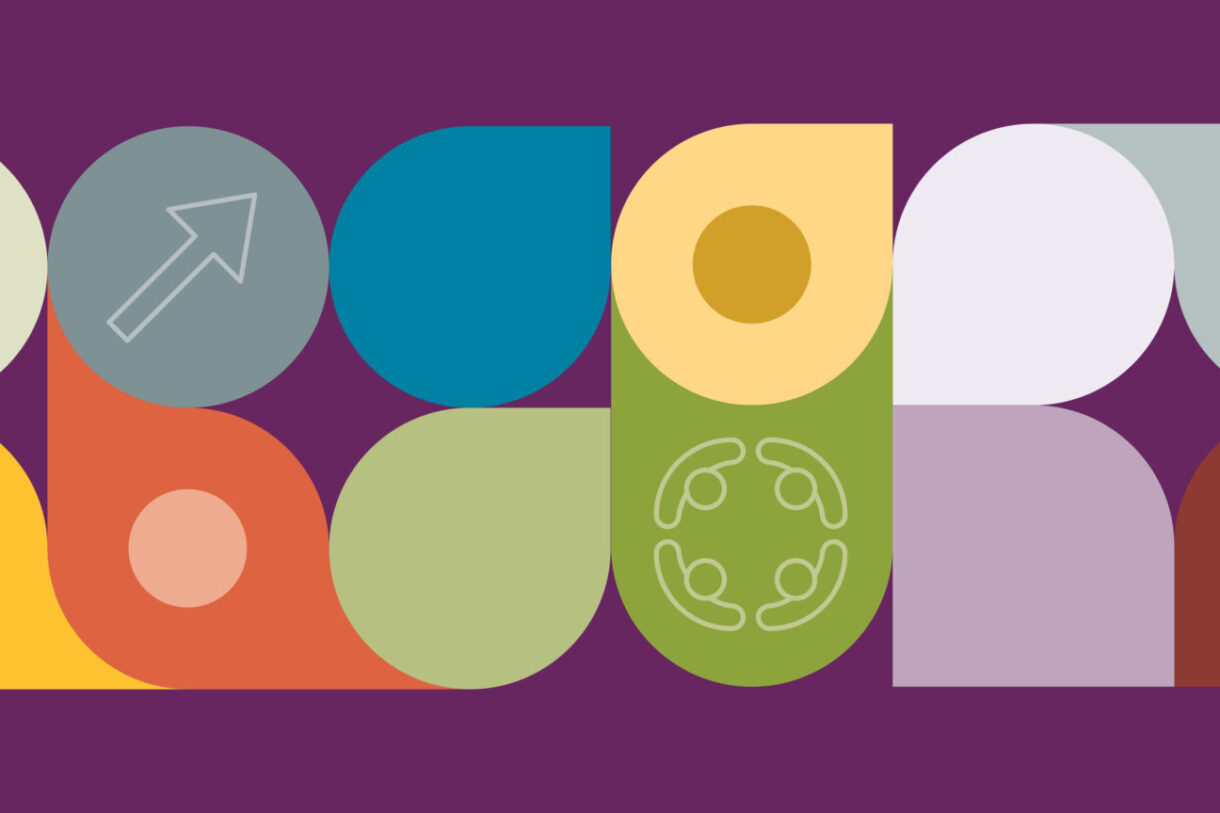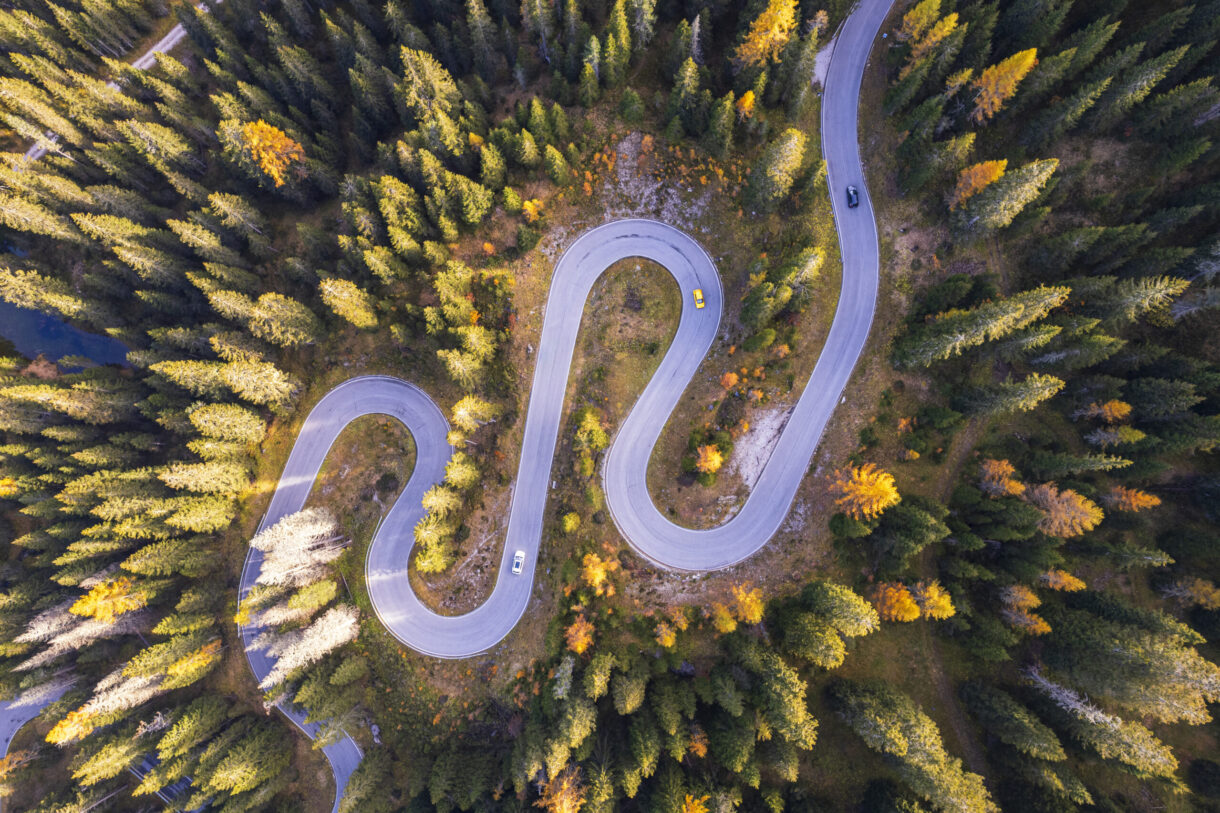The Often Overlooked Power of Curiosity

Dr. Bill Robinson
Executive Director, Na’aleh: The Hub for Leadership Learning
I am a very curious person, always interested in learning. My interests range from how the world works to the best way to make an omelet. This “super strength” (the middah of curiosity) has served me well in my work, particularly when considering how to bring forth change or chart the likely future of an organization. In life as well; those Sunday morning omelets taste pretty darn good!
Yet, coming to Baltimore to assume the role of executive director of a newly created organization, required that I use this super strength in ways that I wasn’t used to. Instead of ideas and techniques, I needed to become more curious about people. I needed to train my curiosity on others, so I better understood what drove them, what they aspired to, and what super strengths did they bring to the organization and to my newly adopted community.
Curiosity is an essential characteristic of successful leadership. In today’s changing world with its many adaptive challenges, what we thought we knew may no longer be true. Thus, professionals and volunteers need to see the world anew. Working alone, leaders cannot hope to address the complex challenges facing them. Thus, they need to nurture shared purpose and foster collaboration among diverse groups. In seeking solutions, one can no longer rely on the “tried and true.” Thus, we need to foster creativity through experimentation, knowing that we will fail at first, but if we learn from our efforts we will eventually triumph. In short, we all need to be more curious – particularly about people (those we work with and those we seek to raise up).
Yet, how do we become more curious? As a child, we were likely all very curious. I see this in my five-year-old daughter, who is always wanting to know how things work, what things mean, and why things are the way they are. Yet, as we age, we seem to shed that natural, over-abundant curiosity.
So, coming to Baltimore, I needed to develop new habits of curiosity. One way I have done this is through constant reflection on how I show up at various meetings and conversations. Am I focused primarily on getting a task done or achieving an already set outcome? Or am I focused on listening to others, trying to understand what they are thinking and how they are feeling? I know I need to focus more on the latter, often letting go of my immediate objectives, if I want to unleash the creative genius of people working together toward a shared purpose.
I don’t always get the balance right. Perhaps my mood or the seeming gravity of the task at hand gets in the way. But, the more curiosity becomes a daily habit, the more I will get it right when it matters.
So, how can we become more curious in our lives? Here are three suggestions:
– Play with children and let them take the lead. Instead of deciding the rules of the game, let them make it up and you follow along. Ask lots of questions. And, literally get down on the ground, in order to see the world from their perspective.
– Learn something new. It can be anything from bird watching to playing the guitar to collecting stamps to making the perfect omelet.
– Seek out boredom. Don’t try to fill up each hour and minute of your day. Sit still till you are bored and see what emerges of its own will. The psychotherapist Adam Phillips, describes boredom as “diffuse restlessness, the wish for a desire.” Aviva Zornberg applies this insight to Shabbat. Allow for that restlessness to seep into the hours of Shabbat. Only then will you discover anew the world around you, the potential of others, and the desires of your own heart.


